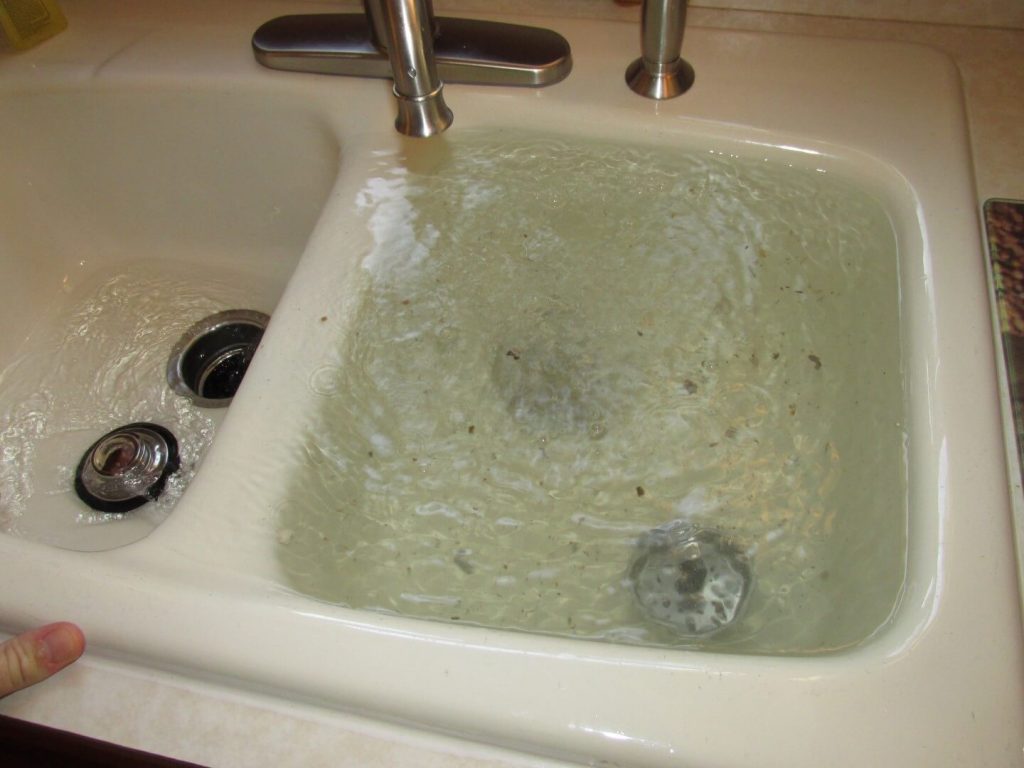
When it comes to blocked drains, prevention is always better than cure, even if it sounds cliched. Drains are one of the features in the home which are most prone to faults because we don’t think about using them right often enough. It’s only when they get blocked, and used water remains in the basin, sink or shower/bath for far too long, that we finally broaden our awareness and do something to prevent a clogged drain in the future. You can only rely on a professional to clear blocked drains on your property but prevention can minimise the situation from re-occurring. In this short guide, we’ll go over the typical culprits behind blocked drains and what you can do to prevent them…
While this is a standard step of daily hygiene, loose hair strands from washing, shaving, and grooming can cause clogs as they collect in the drain. It’s easy enough to check if there’s any hair clogging the plug hole which you can remove with your fingers or other tools. Everyone in the household needs to play their role in checking for loose strands in the sink, tub, or shower so that a blockage from hair isn’t pushed further down into the pipes.
We can be awfully careless when rinsing off plates or draining dishwater after meals. Those grains of rice, streaks of grease and gravy or leftover bits can end up in the drains and they accumulate. Grease or fatty substances washed down the kitchen sink will stick to the sides of the pipes and eventually build up to a point where you have a blockage on your hands.
Sometimes natural ageing or environmental factors, over time, can contribute to blockages. A plumber can unblock your drain but sometimes the pipes need more than that due to how old or damaged they may be. Roots from bushes and trees, or general wear and tear, can cause water pipes to break. Even in cases of mild fracture in the pipes, this area is likely to experience blockage because it is a weak point in the system. Most times we can’t see the damage and if those water pipes are in a difficult place to reach, the situation becomes more problematic.
The best way to keep drains clear is to limit what you put in them. For drains in the kitchen: put leftover food in the trash or compost heap and pat away excess oil with paper towels before washing dishes. Pour liquid grease into a sealable container and safely dispose of it (after it’s cooled) in the trash.
For drains in your bathroom: you should consider a tub or shower drain catcher. You should also closely watch what you flush. Toilets are designed to handle human waste and toilet paper. Flushing dense, stringy, or bulky materials can cause a clog. Dental floss, feminine hygiene products and other household waste should go in the trash instead.
Even if you followed all of these steps, you may still experience blockages. Switch off your water mains as soon as possible and call in your local licensed plumber to take corrective action.

Historic Plumbing is a family-run plumbing company helping Perth residents with their plumbing and gas fitting problems for more than 10 years.